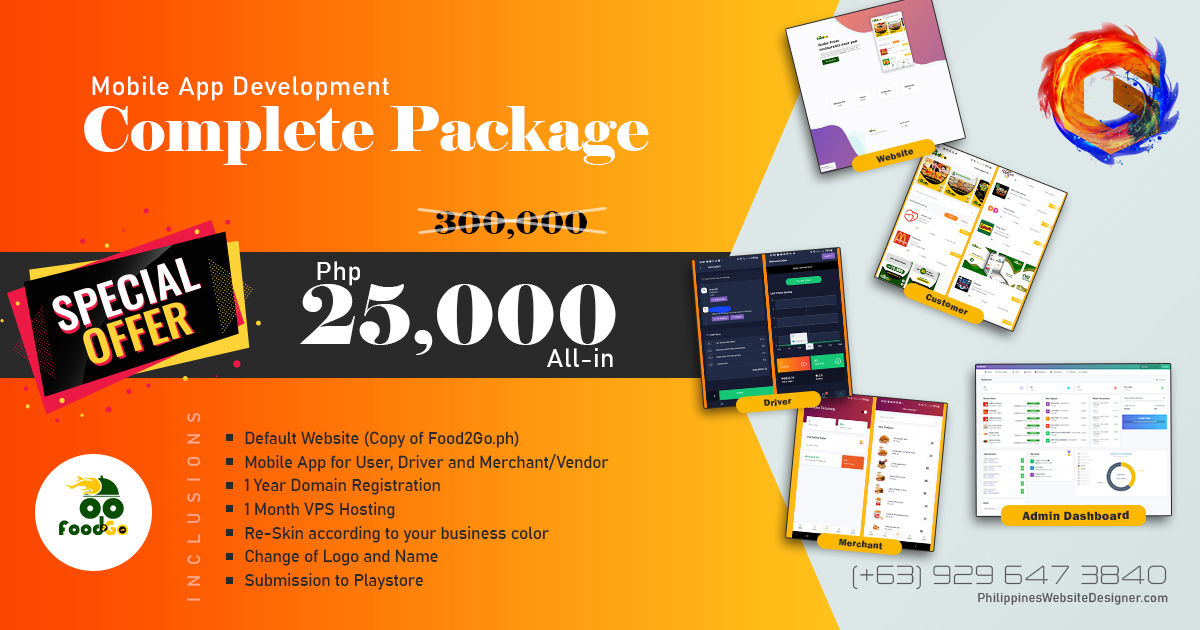We live in a world powered by mobile apps. They help us do everything from communication to organizing our lives.
Businesses have quickly followed suit, utilizing apps to better serve their clients.
But these days, the app market is saturated, with dozens of different companies competing using a variety of apps that have similar functions.
If you’re a business that wants to get into the app game, it can be a lot harder these days. Building an app itself demands so much of your time and money. Launching it and gaining traction is even more challenging.
Is there an easier way to get an app into the market?
The answer, thankfully, is yes. This is where white label apps come in.
A white label app is like a generic app that’s sold to different companies, who in turn can rebrand the app and make it their own.
In effect, two or more companies can have apps that have nearly identical functions but different branding and design.
If you’re worried that a white label app might turn your company into a copycat, it won’t. You can customize these apps with unique designs that reflect your brand identity.
Why use a white label app instead of building a custom app?
There are a number of advantages of white label apps over custom apps. Here are just three of them.
1) Cost-effective
When you buy a white label app, you do not have to do the work of developing it. The app seller takes care of that. All you have to do is customize the app a little to fit your branding and design principles.
Overall, the cost of buying a white label app is much lesser than the total cost of developing your own custom app.
2) No need to get involved in project management
Developing an app is often a huge undertaking, requiring you or members of your team to oversee the process from start to finish. If you decide to have a custom app, either you’ll have an in-house app development team or you’ll outsource it to a reliable developer. Either way, you’ll have to be involved in project management.
If you have an in-house development team, communication is easier and you can see the entire process unfold. But if you outsource, project management can be a nightmare. Your team and theirs might not be on the same page, and a lot of misunderstanding can happen along the way. This may lead to delays and you may incur added costs for the project.
But with white label apps, once you buy them, they are almost ready to use. With a little tweaking and redesigning, you can release your app much, much sooner.
3) You don’t have to maintain the app yourself
App development does not end when you’ve released the app into the market. You also have to maintain the app, making sure it serves its purpose well. You may even have to squash a few bugs along the way.
With white label apps, the responsibility of maintaining the app also falls on the seller, not on you. That means you don’t have to worry about hosting, bug fixes, and quality assurance.
With a custom app or bespoke app, you will have to do all these maintenance tasks.

